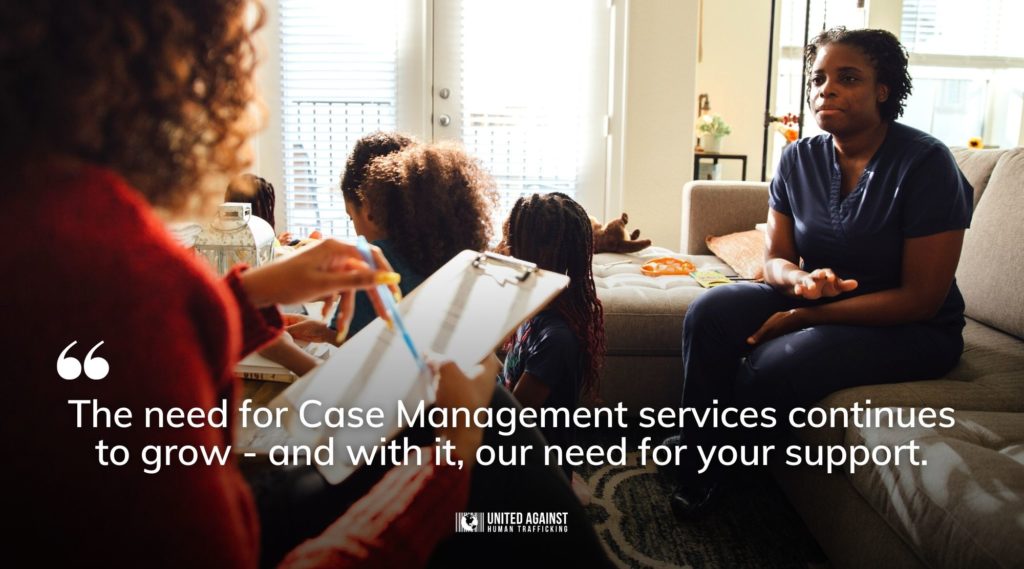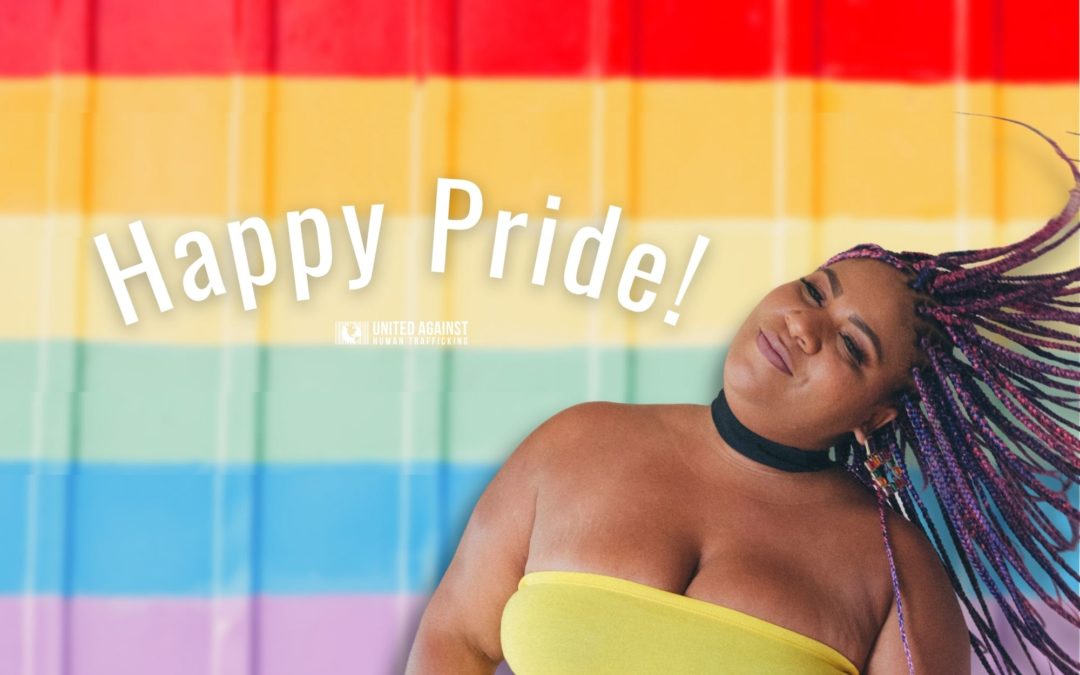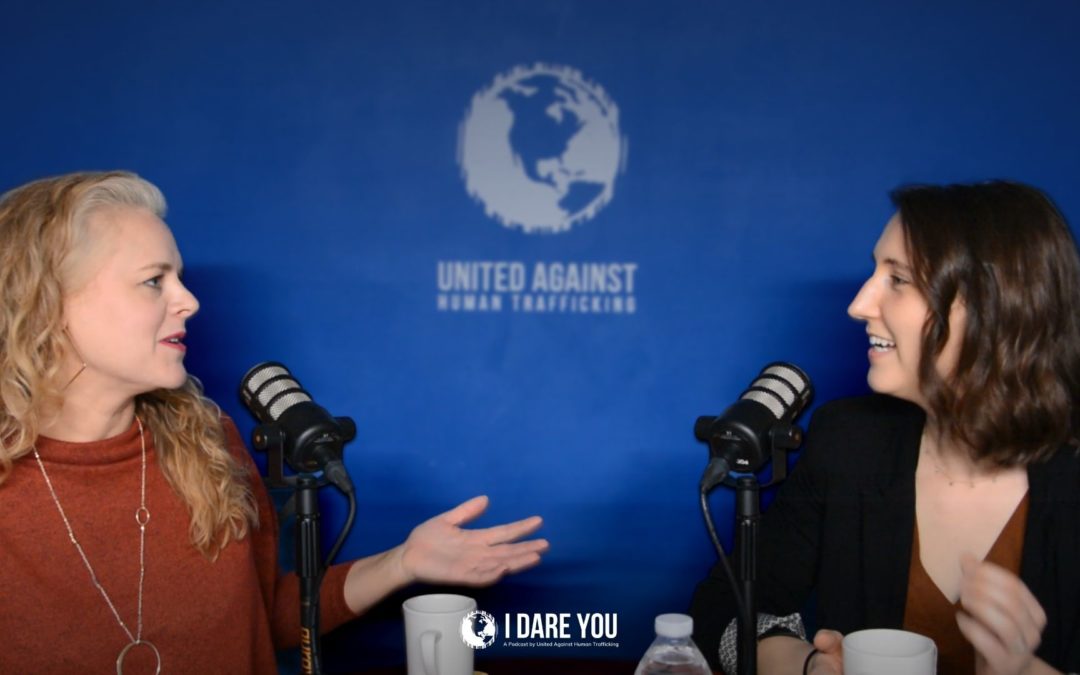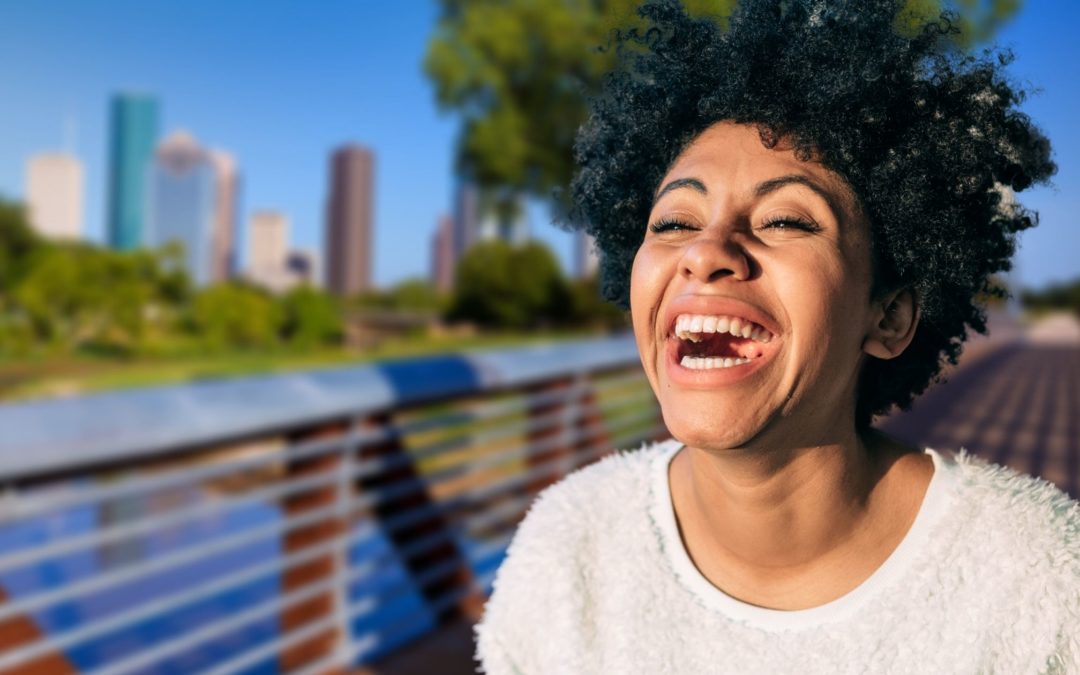
5 Roadblocks To Escaping A Trafficker And How To Overcome Them
Nila lived in freedom for 2 years after escaping her trafficker. But the threat of danger hung over her head as she tried to rebuild her life in the same city she was exploited. A few weeks ago, her ex-husband assaulted her and vandalized her home to the point of it being uninhabitable.
She and her two children needed to flee before he took their lives.
But Nila didn’t have the hundreds of dollars necessary to travel and start life over.
Feeling stuck but resolved to break free, she called us for help.
UAHT Case Manager Erin Martin jumped into action. She contacted a partnering organization in a new city and helped Nila apply for their financial aid program.
What barriers do survivors face after escaping their trafficker?
Survivors face countless obstacles to achieving safety and freedom:
Barrier #1: Telling Their Story
The first barrier to recovering from human trafficking starts the moment they get away from their trafficker: telling their story of trauma… over, and over, and over again.
If a survivor calls the police for help, they must repeat the horrors of their abuse to each new person.
Think about it. You have to share the worst moment of your life with every stranger you interact with:
– Patrol Officer
– Detective
– Emergency Medical Personnel
– Intake Nurse
– Doctor
– Case Worker
– Therapist
This often deepens trauma, as each retelling can feel like reliving those horrible experiences.
Barrier #2: Reconciling Relationships
We see trafficking survivors struggle to reconcile relationships with their families and friends.
Amid the trauma, survivors may have said and done harmful things to these people. Even after they escape their abuser and begin healing, survivors may resort to defense mechanisms that cause them to become aggressive, run away, or shut down.
This makes it especially challenging to recover those critical relationships.
That’s why survivors need a network of support to guide them through the steps to regain their lives. By naming their trauma and learning coping skills, they can reestablish healthy friendships.
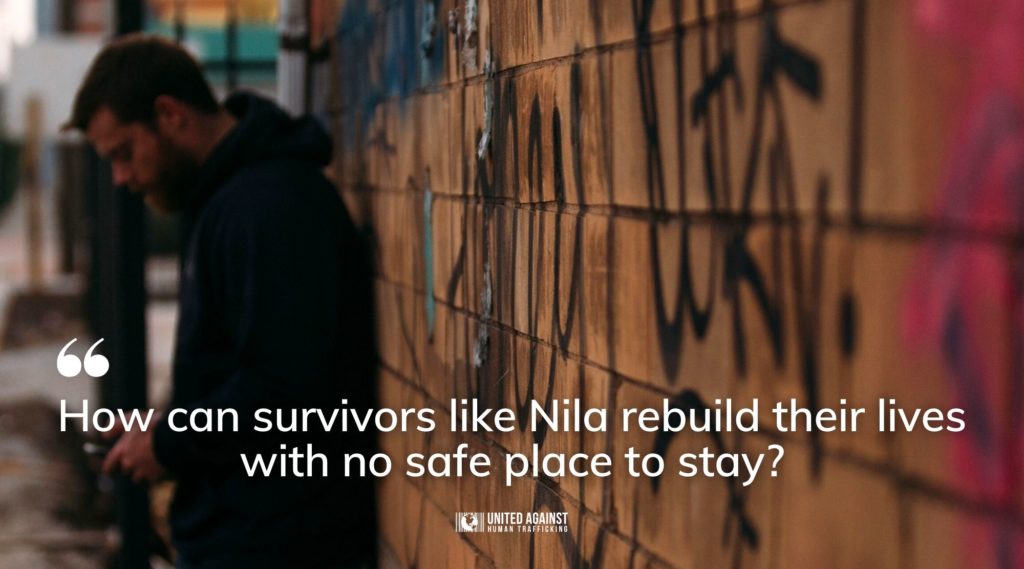
Barrier #3: Making a Home
Like Nila, many survivors finally break free from their trafficker… but now have nowhere to go, no place to live. Moving to a new city to avoid being found by an abuser is costly. If a survivor makes it to a new city, finding an apartment is a challenge with a criminal record. Survivors are often rejected by banks for an account because their credit has been destroyed by their trafficker. How can survivors like Nila rebuild with no safe place to stay?
Sometimes survivors have safe families/friends to stay with and, thankfully, there are wonderful organizations with short- and long-term housing options for those who don’t.
Barrier #4: Finding Employment
Trafficking survivors often struggle to find a job. For years, a sex trafficking survivor’s job was sex. Some feel like they’re not good at anything else.
They must start over from the beginning, rediscovering their skills and passions. From there, they create a resume, which can be a challenge for anyone.
Many survivors have criminal records due to crimes their trafficker forced them to commit. And often employers have policies that prevent them from hiring a person with a criminal record.
Each step brings micro-barriers that add to the challenge.
Barrier #5: Seeking Legal Assistance
If you’ve gotten married or divorced, filed a lawsuit, or adopted a child, you know how challenging and confusing the legal process can be.
Imagine how much more confusing it is for someone who overcame extreme trauma or who doesn’t speak much English. If a survivor wants to change their name, sue their trafficker, or press criminal charges, countless convoluted applications and processes stand in their way. A survivor encounters paperwork that they don’t understand, relives the trauma they endured, and fears for their life as they publicly accuse their trafficker.
How can we help survivors overcome these barriers?
UAHT’s Case Manager helps survivors navigate every barrier they meet. Our program serves all adult trafficking survivors, regardless of victimization type, sexual orientation, or gender identity.
A vast network of anti-trafficking organizations, long-term and short-term shelters, businesses, non-profits, and government entities ensure that every client’s needs are met – from this week’s meals to long-term employment.
Since launching our Case Management program, we have served over 50 trafficking survivors!
The need for Case Management services continues to grow – and with it, our need for your support.
Thankfully, Nila and her two kids are now safe in a new city! Your gift ensures countless more survivors will receive critical, wrap-around care. Your gift helps survivors like Nila live a life without having to look over their shoulder – a life built on the foundations of reliable housing, nutrition, and support systems – a life of freedom.
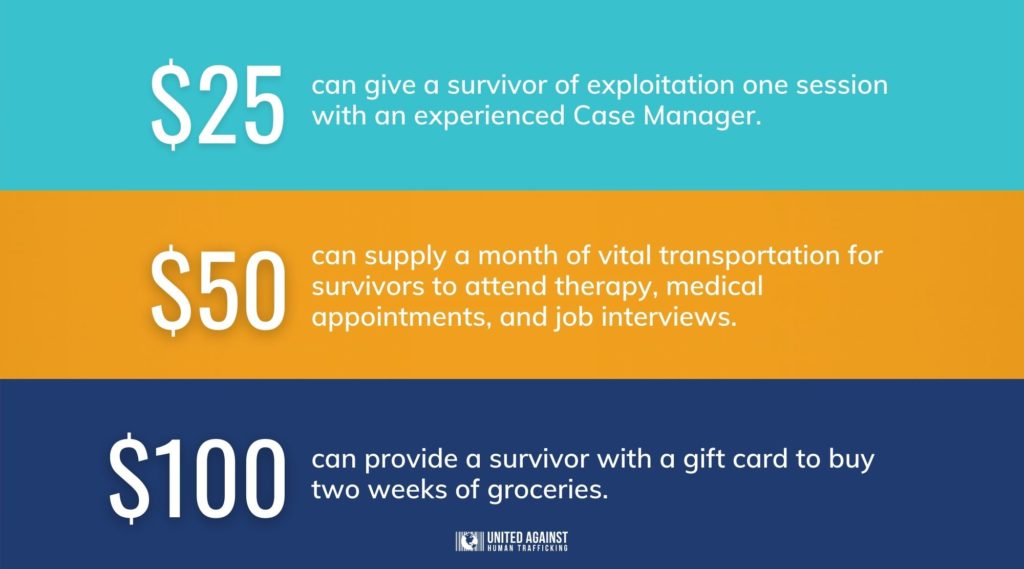
YOU can make a difference in the life of a human trafficking survivor. Please, donate today to help people like Nila start new lives of freedom and independence!

